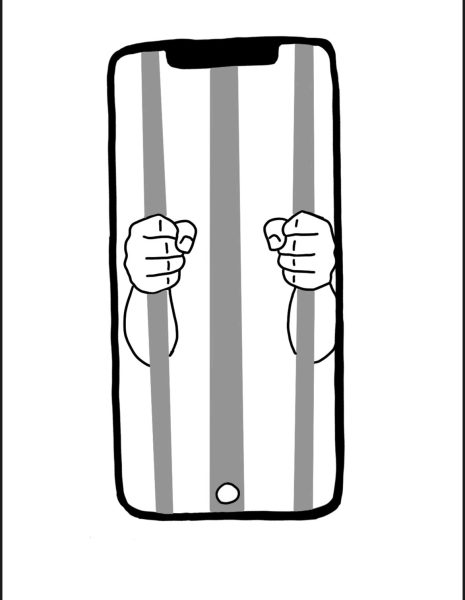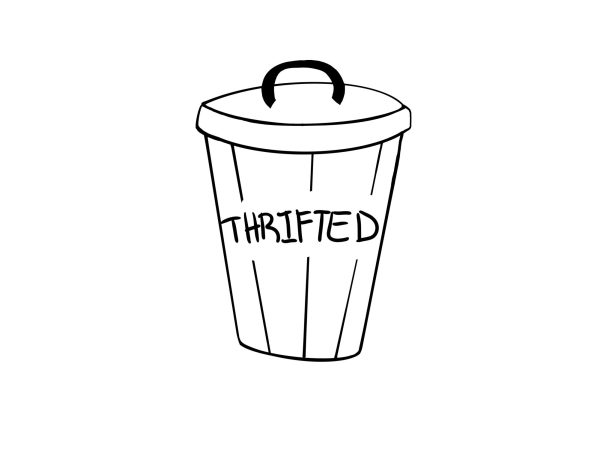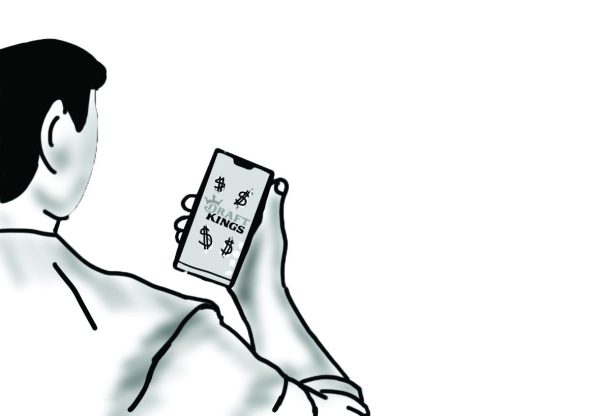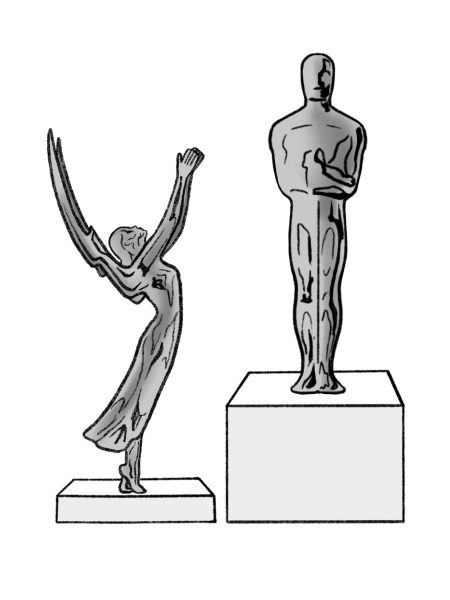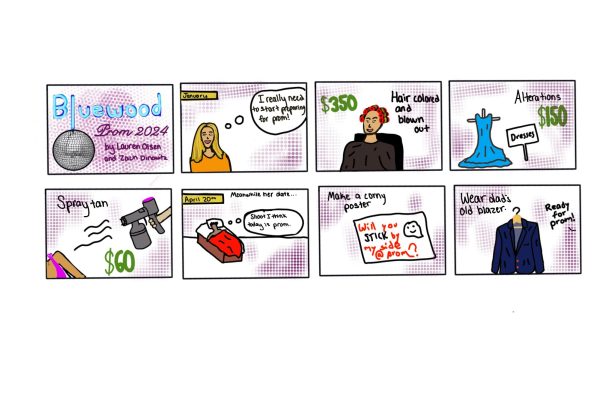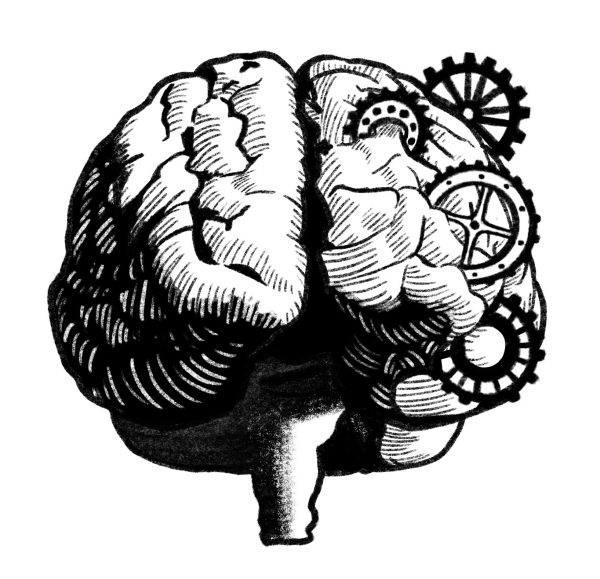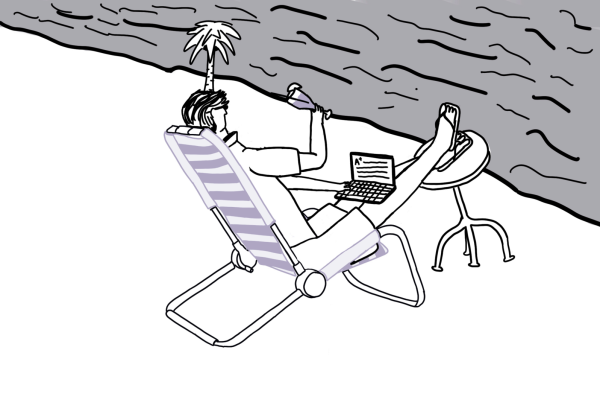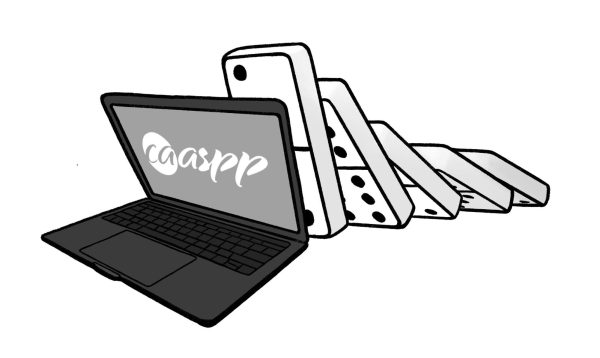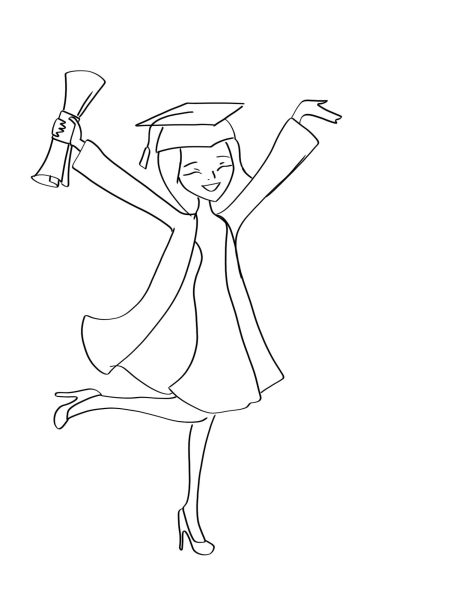It’s time to think outside the ballot box
December 7, 2022
For years, we have been told by our elders that voting is the solution to the many social problems facing our generation. By going to the ballot box every two or four years and voting for the “correct” politician, we can effectively address the issues that pervade our everyday lives. However, these suggestions fail to recognize that voting alone is not enough to fix these problems, whether it be climate change, imperialism or capitalism. Considering the influence that money has over politics, and our broken two-party system, young people must be willing to go beyond voting, and rather go out on the street to advocate if we want to achieve real political change.
One critical issue within our political system that renders voting less effective is the presence of money in politics. In a capitalist system, where you vote with your dollar, donations can make or break political campaigns. Under our current capitalist economy, three people— Jeff Bezos, Bill Gates, and Warren Buffet— own more wealth than half of the country, giving these individuals a massively disproportionate amount of influence over elections. Additionally, corporations can donate huge sums to candidates in order to further swing elections in their favor. This allows wealthy interests to completely dominate the American political scene while working-class needs are left unaddressed.
Another problem with our system of voting is our two-party arrangement itself. Though Republicans and Democrats disagree on important issues, they both overlap in their support of the police, capitalism, apartheid Israel and imperialism. If you want to see serious police reform or abolition, stop ever-expanding American imperialism, or end capitalism, you won’t be able to do so by voting. The same applies to climate change. Our window to effectively mitigate climate change is quickly narrowing, but neither party is currently taking action for the change we desperately need. While Republicans are still coming to terms with the reality of climate change, Democrats have proposed ineffective, market-based solutions

These systematic flaws, ranging from the influence of money to the asinine nature of our two-party system, represent that the U.S. isn’t a democracy, and therefore voting is not especially impactful. According to a study by Princeton University, public opinion has zero statistical effect on public policy, while the opinions of elite donors and wealthy corporations align perfectly with what happens in Washington D.C. Rather than being a democracy, the U.S. is an oligarchy– that is, the rule of the few. In the case of the United States, that few are the uber-rich.

Some argue that these issues– money in politics, the two-party system, etc. can be solved by merely reforming our political system. However, these systemic problems are representative of the deeper flaws in our capitalist economy that stifle democracy and produce inequality that seeps into politics. Under capitalism, a few people privately own the means of production and the rest of the people work them. That division of labor between the owning class and the working class makes an oligarchy inevitable and a capitalist democracy impossible.
While being invested in making the world a better place is certainly everyone’s civic duty, if we want to see real political change, we won’t find it at the ballot box. Although there’s no harm in voting for the candidate that’s closest to your interests, voting is a woefully insufficient tool when it comes to fixing the problems that plague our society. Instead, young people need to take direct action to see real political change.
Direct action can take many forms ranging from protests to mutual aid. Protesting for a cause that you believe in can be an excellent way to coerce lawmakers into making policy changes. Additionally, mutual aid can be an effective way to help directly address issues such as hunger, in your own community. In fact, working with organizations like the S.F. Marin Food Bank and Food Not Bombs are both excellent ways to help address the issue of food insecurity in the Bay Area. These nonprofit organizations distribute much-needed supplies to low-income communities.
These types of political movements can make a real difference in the world. For example, the 2011 Occupy Wall Street demonstrations showed the world the reality of income inequality, and the ongoing protests in Iran are making serious progress toward ending patriarchy and police violence in the Middle East. The challenges our generation faces, such as capitalism and climate change are immense, however, they’re not insurmountable if we decide to go beyond voting and invest in our future through civic engagement.








